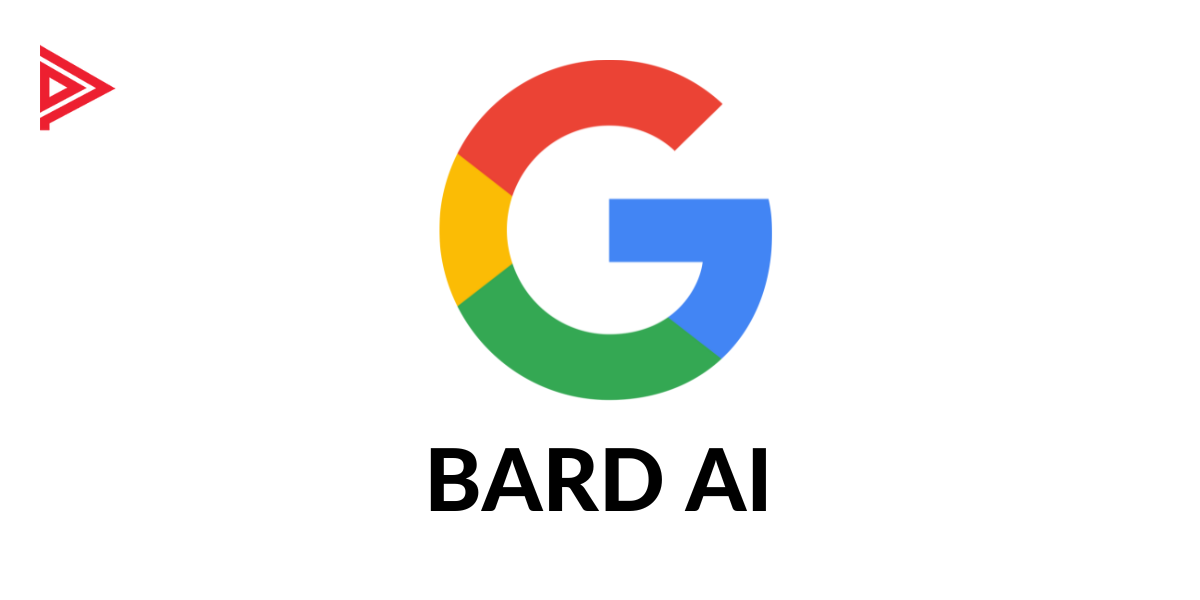
Google’s Deep Dive Into Bard AI Chatbot at Google I/O 2023: A Game-Changer in Computing
Introduction:
On March 21, 2023, Google began opening access to Bard, inviting users to join a waitlist. On May 10, 2023, Google removed the waitlist and made Bard available in over 180 countries and territories. Google’s AI development took center stage at the Google I/O 2023 conference with a deep dive into Bard, their advanced AI chatbot. Bard, a large language model, has evolved rapidly, particularly in programming skills, enabling it to assist developers with tasks like code generation, debugging, and code explanation. With the introduction of new features and expanded capabilities, Bard is poised to revolutionize the way we interact with AI technology.
Section 1: Enhanced Programming Abilities
Bard’s proficiency in math, logic, and reasoning has experienced a significant leap forward with the introduction of palm-2. It now supports over 20 programming languages, including popular ones like C++, JavaScript, Python, and more. The AI chatbot’s ability to generate code, format it neatly, provide code citations, and offer clear explanations has made it a valuable tool for developers. The transcript showcases how Bard helps in programming tasks, such as creating a Python script for a chess move and improving existing code through suggestions and optimizations.
Section 2: Streamlined Workflow Integration
Google recognizes the importance of seamless workflow integration, and Bard’s collaboration with platforms like Colab and Replit aims to enhance developers’ productivity. With a few clicks, developers can now directly transfer code from Bard to Colab, making the transition between platforms smoother. Additionally, the introduction of code export functionality, starting with Python, allows developers to run code within their preferred environments, boosting efficiency and convenience.
Section 3: Visual Enhancements and Expanded Partnerships
Google acknowledges the significance of visual content and its role in learning and expression. To cater to this, Bard is being updated to incorporate visual elements into its responses and prompts. By utilizing Google Search and the knowledge graph, Bard can now provide relevant images, enhancing the overall user experience. Furthermore, upcoming integration with Google Lens will enable users to utilize image prompts, unlocking new creative possibilities. Google is also partnering with industry leaders such as Adobe Firefly to introduce extensions that allow users to generate custom images directly within Bard.
5 Key Points :
- Google launched Bard as a limited access experiment to gather feedback and make improvements on its large language model.
- Bard has made significant progress in its math, logic, and reasoning skills, allowing it to assist developers with tasks like code generation, debugging, and code explanation.
- Bard has learned over 20 programming languages and has become popular among coders.
- Bard now provides code citations and offers improved code formatting for better readability.
- Google is adding new features to Bard, including the ability to export and run code with partner platforms like Replit, a dark theme option, and the capability to export responses to Gmail and Google Docs.
Conclusion:
Google’s Bard AI chatbot has undergone substantial improvements, transforming it into a powerful tool for developers and users alike. With enhanced programming capabilities, streamlined workflow integration, visual enhancements, and expanded partnerships, Bard is poised to redefine how we interact with AI technology. The removal of the waitlist and the availability of Bard in over 180 countries and territories, along with support for multiple languages, further underlines Google’s commitment to making Bard accessible to a global audience. As Google looks ahead to the future, there is great anticipation for the advancements and new capabilities that Bard’s upcoming Gemini model will bring to the AI landscape. The possibilities for collaboration, innovation, and creative exploration are truly exciting, cementing Bard’s status as a game-changer in the world of computing.
You may try out bard : https://bard.google.com/


